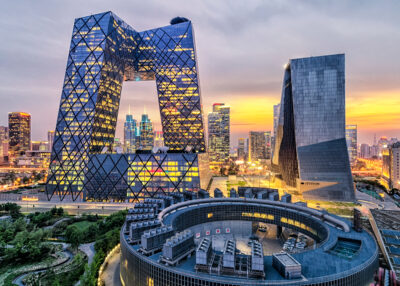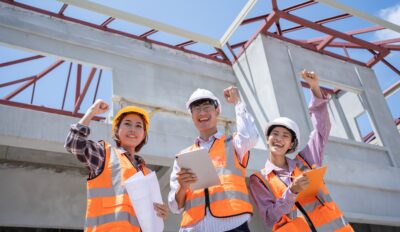Malaysia weighs in on how foreign and domestic investments can help the economy recover
Expectations for economic recovery in H2 2022 are generally neutral, following the recovery seen in H1 2022

Experts have said that FDI inflow to Malaysia is slated to expand even further.
Malaysia has attracted a total of USD9.6 billion in approved investments in the manufacturing, primary, and service sectors. This includes more than 900 projects from January to March 2022.
ASEAN Briefing revealed that since 2016, China has been the country’s largest foreign investor in manufacturing. It has also been Malaysia’s largest trading partner since 2009.
In 2020, China accounted for 18.6 percent of Malaysia’s total trade while exports from Malaysia to China went up by 11.1 percent, reaching USD37.77 billion. In 2021, Bilateral trade reached USD176.8 billion.
Meanwhile, Manulife stated that the country’s economy is slated to expand on the back of domestic demand, especially as the country opens up, reported the New Straits Times.
In light of this, Salleh Said Keruak, chief minister of Sabah, pointed out that Malaysia’s economic recovery will be bolstered by an increase in domestic investment by government-linked companies (GLCs). As a result, households and businesses will earn more and the government will generate more tax revenue, according to Free Malaysia Today.
The Associated Chinese Chambers of Commerce and Industry of Malaysia (ACCCIM) conducted its Malaysia’s Business and Economic Conditions Survey and found that expectations for economic recovery in H2 2022 are generally neutral. This, following the recovery seen in H1 2022 albeit uneven among the various sectors.
More: Malaysia sees steady economic recovery; e-commerce and 5G part of key drivers
“Overall, a majority of respondents (65 percent) are neutral about the economic outlook in 2022; 20.5 percent expect a ‘better’ economic outlook, and 14.5 percent perceive a ‘worse’ outlook,” said Lee Heng Guie, executive director of the ACCCIM Socio Economic Research Centre (SERC) during a press briefing.
He added that 47.7 percent of respondents had a “neutral” outlook regarding economic growth in 2023. He also mentioned that 69.5 percent across the majority of sectors reported that their sales have reached — some have even exceeded — pre-pandemic levels.
The Property Report editors wrote this article. For more information, email: [email protected].
Recommended
Meet the vagabond architect behind India’s housing scene
Vinu Daniel is helping to shake up India’s home building setting
Where Asian real estate stands in a fragmented, warmer world
Asia’s real estate industry faces many and varied challenges as external factors continue to bite
6 sights to see in Singapore’s Marine Parade
Handily located Marine Parade has emerged as a vibrant investment choice in the Lion City
There’s a township dedicated to health and wellness in Malaysia
Property seekers have their health needs catered for at KL Wellness City








